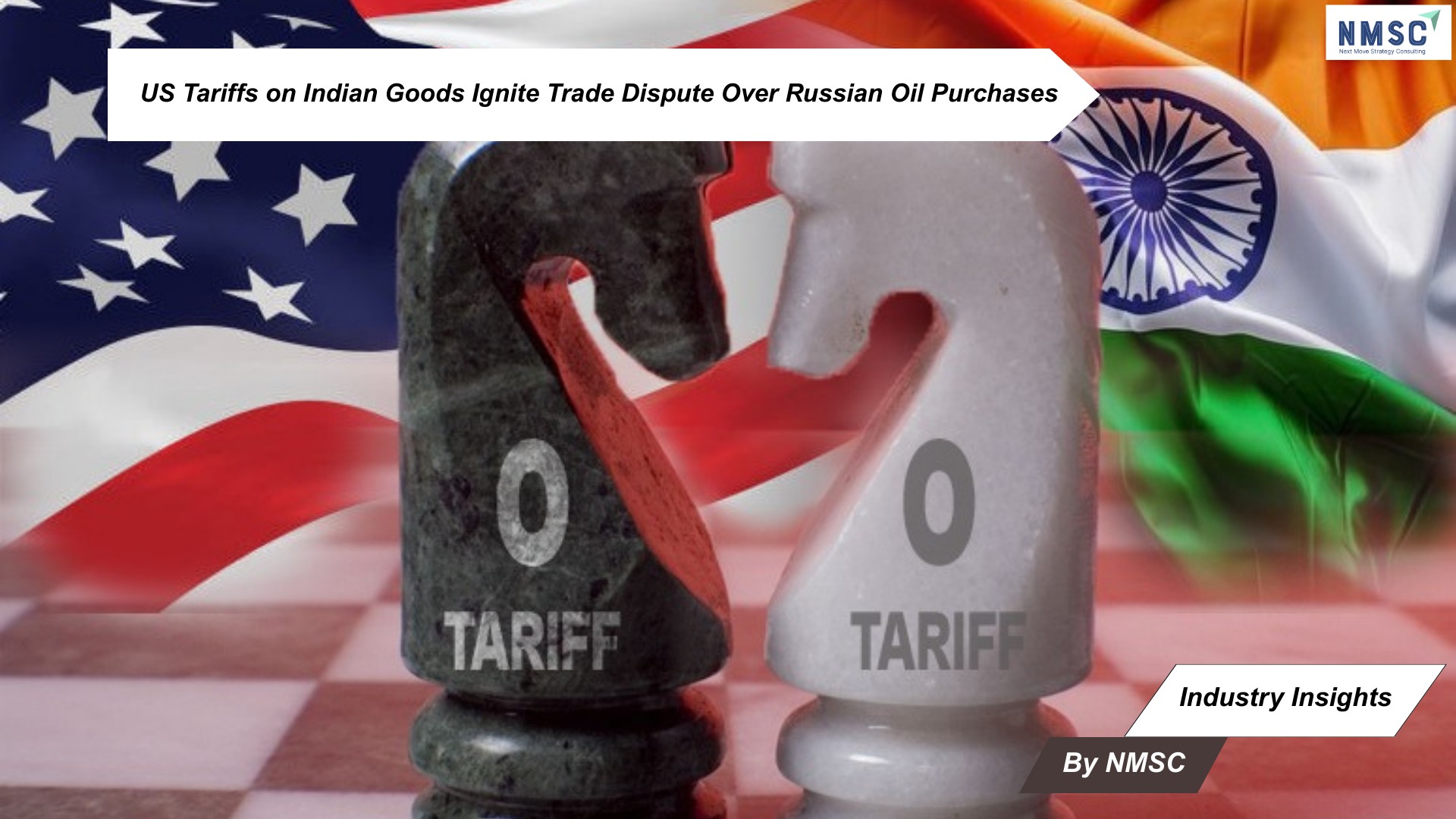US Tariffs on Indian Goods Ignite Trade Dispute Over Russian Oil Purchases
Published: 2025-08-16

The United States has imposed steep 50% tariffs on Indian goods, with half attributed to India’s oil purchases from Russia, prompting a heated trade dispute.
In a significant escalation of trade tensions, the United States has imposed a 50% tariff on Indian goods, with 25% of the duties explicitly linked to India’s continued purchase of oil from Russia. This move, aimed at pressuring Russia to halt its war in Ukraine, has sparked a sharp response from Indian officials and raised concerns about the competitiveness of Indian exports in global markets.
A Strategic Trade Blow Amid Geopolitical Tensions
The US tariffs, announced last week, affect approximately 55% of India’s total merchandise exports to the United States, subjecting them to a 25% reciprocal tariff, according to Pankaj Chaudhary, Minister of State for the Finance Ministry, in a written reply to the Lok Sabha. The decision comes as part of a broader US strategy to curb Russia’s economic influence amid the ongoing conflict in Ukraine. However, the tariffs have been met with criticism in India, where leaders view them as an attempt to undermine the country’s rapid economic progress.
Union Defence Minister Rajnath Singh addressed the issue indirectly during an event in Madhya Pradesh, stating, “There are some people who are jealous of India’s rapid development. They think, ‘we are the boss of all.’ They cannot accept how quickly India is moving ahead.” Singh’s remarks reflect a growing sentiment that the US tariffs are designed to make Indian-made products less competitive in global markets.
Key Impacts of the Tariff Imposition
-
Economic Pressure: The 50% tariffs, with half attributed to India’s oil trade with Russia, impact a significant portion of India’s exports, particularly steel, aluminium, and their derivatives.
-
Retaliatory Measures: India is reportedly considering counter-tariffs on US goods in response to the June imposition of duties on Indian aluminum and steel products, signaling a potential escalation in the trade dispute.
-
National Interest Prioritized: Chaudhary emphasized that the Indian government is committed to protecting farmers, entrepreneurs, exporters, and MSMEs, pledging to take all necessary steps to safeguard national interests.
US Stance and India’s Response
US President Donald Trump has taken a firm stance, ruling out trade negotiations with India until the tariff issue is resolved. When questioned about potential trade talks, Trump stated, “No, not until we get it resolved,” underscoring the US’s intent to maintain pressure on India over its Russian oil purchases. In response, India is evaluating retaliatory tariffs to counter the US measures.
Industry and Economic Implications
The tariff dispute threatens to disrupt India’s export-driven growth, particularly for industries reliant on the US market. The steel and aluminium sectors, already targeted by US duties in June, face heightened challenges as the new tariffs further erode their competitiveness. The Indian government’s commitment to protecting its exporters and MSMEs signals a proactive approach, but the path forward remains complex amid geopolitical and economic pressures.
The escalating trade tensions could have broader implications for India-US relations, particularly as India seeks to balance its economic ties with both the US and Russia. The government’s focus on safeguarding national interests will likely shape its response, with potential counter-tariffs looming as a strategic countermeasure.
Charting the Path Forward
As the tariff dispute unfolds, India’s response will be critical in maintaining its economic momentum and global trade standing. The government’s pledge to protect its industries, coupled with considerations of retaliatory tariffs, underscores a determination to navigate this challenge strategically.
With both nations standing firm, the US-India trade dispute marks a pivotal moment in their economic relationship, with far-reaching consequences for global trade dynamics and India’s role in the international market.
Source: https://www.hindustantimes.com/india-news/
Prepared By: Next Move Strategy Consulting
















Add Comment